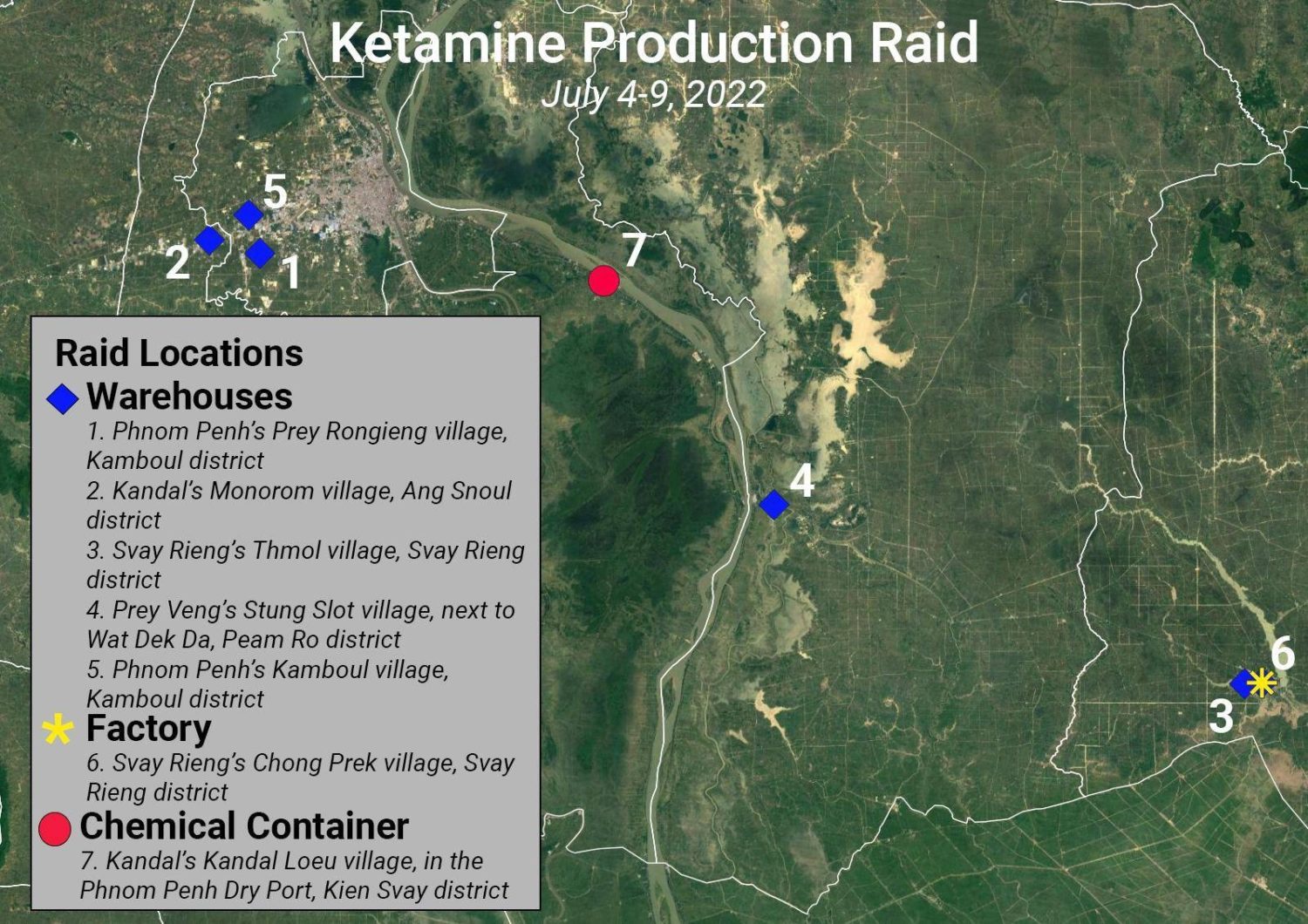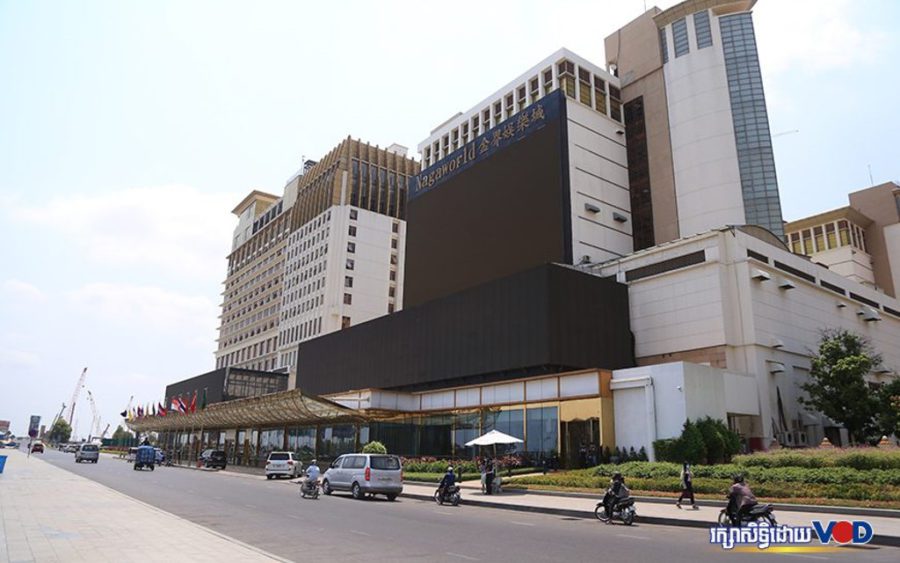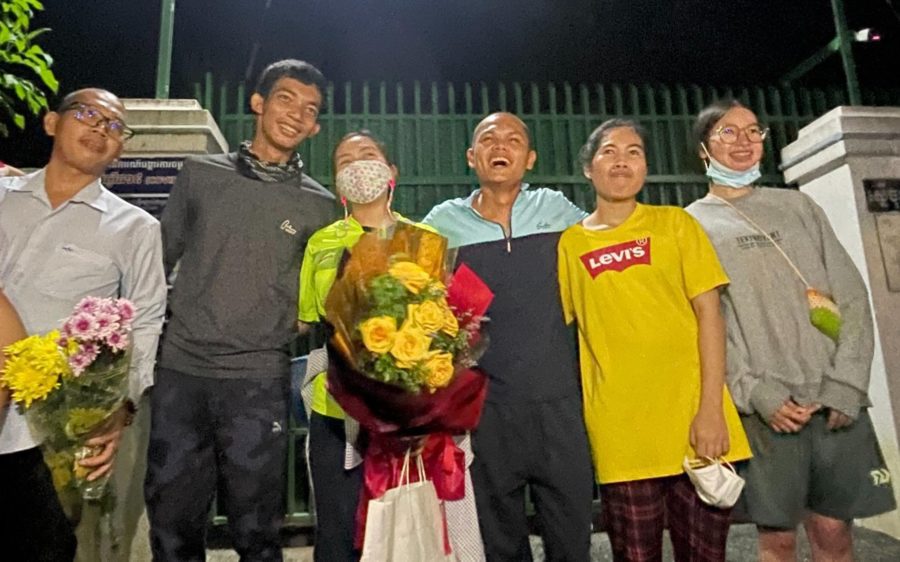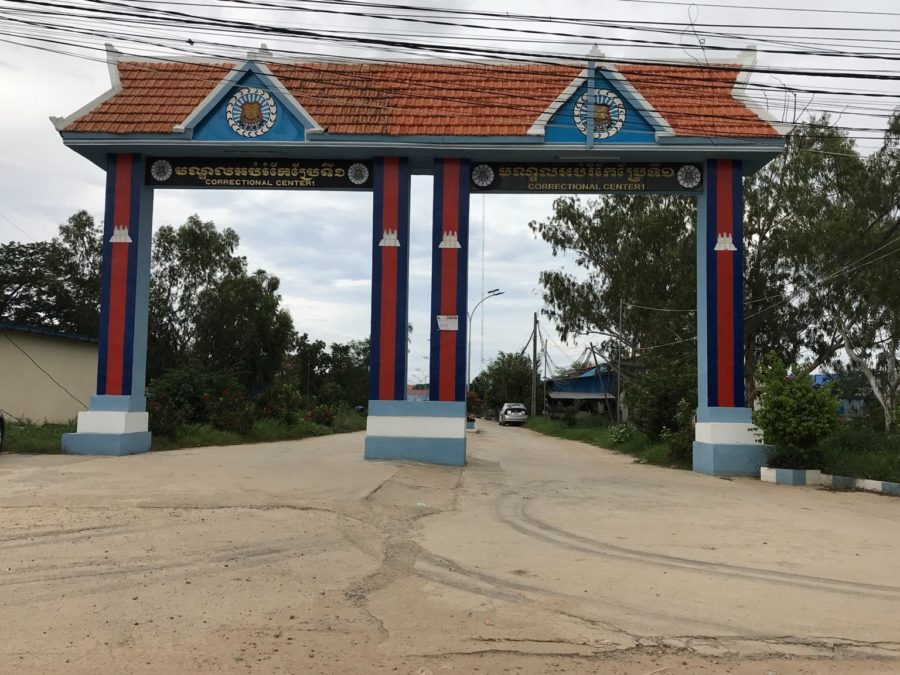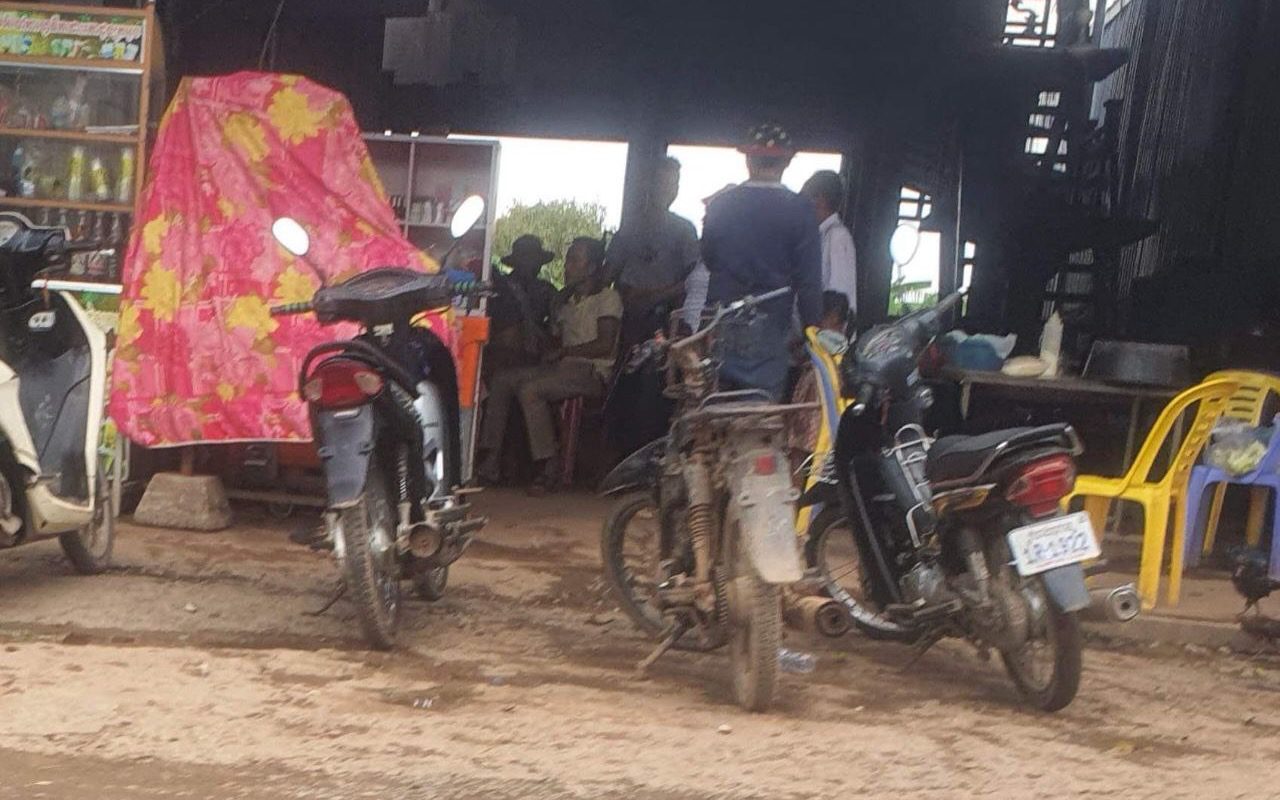Police shut down seven locations tied to manufacturing ketamine, confiscating 1.8 tons of the drug and 276 tons of chemicals used to manufacture it, with an authority claiming the drug was produced by foreigners to be sold abroad.
Mok Chito, deputy chief of Cambodia’s National Police, told VOD that anti-drug officers raided seven buildings last week, arresting 11 Chinese and Taiwanese men, aged 24 to 61, for involvement in the trade.
“We have sent them to court yesterday morning to Phnom Penh [Municipal] Court, since we have started the investigation in Phnom Penh,” he said.
The properties raided include a factory, warehouses, buildings and a chemical container found across Phnom Penh, Kandal, Prey Veng and Svay Rieng.
Chito said the investigation started on April 7, and they had an informant who assisted before undertaking the operation from July 4 until Saturday.
He claimed that police knew about the operation as it was getting started.
“According to our informant, [the manufacturers] had prepared to send machines and chemicals to come to Cambodia in order to manufacture the ketamine. … We have fully known [about them] and until the day that they started to manufacture, we started to arrest them,” he said.
Chito did not specify which chemicals were confiscated, but he mentioned that the manufacturers were importing the chemicals “little by little” in falsely-labeled containers, using approved licenses to import chemicals used to manufacture soap and dye fabric.
He again did not specify which chemicals were licensed for import, nor the companies importing them.
According to the International Narcotics Control Board, the two major precursors for ketamine are hydroxylimine and o-chlorophenyl cyclopentyl ketone, while tartaric acid and bromine had also been found in ketamine plants.
The operation included 12 furnaces, which would have allowed manufacturers to produce vast quantities at full capacity, Chito added.
The deputy police chief said the final products were destined for Taiwan and Australia and were to be transported by sea. He noted that a kilogram of ketamine is worth $13,500 on the Cambodian market.
Chito identified one of the suspects nabbed in the raids, 24-year-old Taiwanese national Wu Yi Lin, as the manufacturing expert behind the operation, while 10 additional individuals arrested were Chinese nationals.
When asked if Cambodian nationals were involved, Chito said that there were 10 Cambodians employed by the locations, but he said the foreigners banned the locals from entering the factories, and they were mostly limited to outdoor activities like security or maintenance.
“The workers also told us that they were suspicious about the bad smell [from the factory], and they [the producers] told them that they manufactured soap,” he said. “They did not allow them inside the machine compound.”
In addition to the precursors, ketamine and property, police confiscated eight cars, three motorbikes and 19 mobile phones.
Deputy Prime Minister Sar Kheng ordered authorities to strengthen control of licensing and import of chemicals after more than 100 tons of drug precursors were seized in January.


